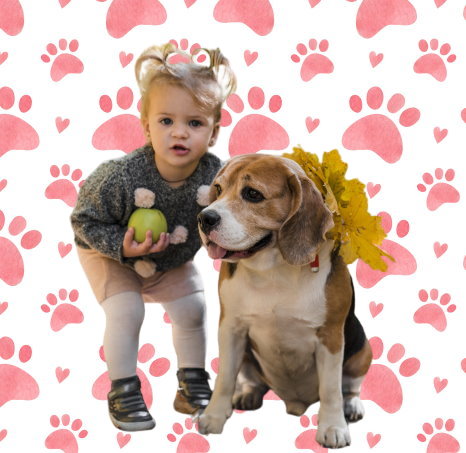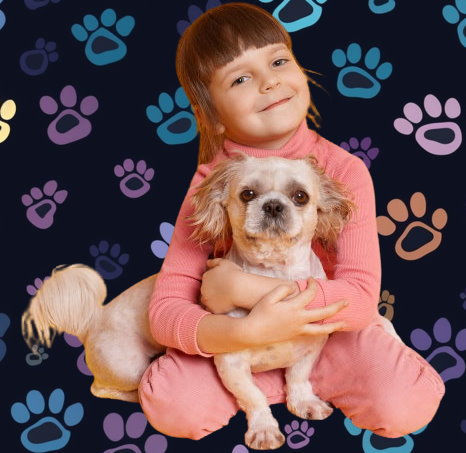Welcome to Dog Training Newbies !
Welcome to Dog Training Newbies !

Socializing your dog from an early age is a crucial aspect of their development, shaping their behavior and temperament throughout their life. Proper socialization helps your dog become a well-adjusted, confident, and friendly companion. By exposing your dog to a variety of experiences, people, and environments, you lay the foundation for a lifetime of positive interactions and adaptability.
The window of opportunity for effective socialization is typically between three and fourteen weeks of age. During this period, puppies are more receptive to new experiences, making it an ideal time to introduce them to the world. Early socialization helps prevent behavioral issues such as fear, aggression, and anxiety, which can develop if a dog is not properly exposed to different stimuli.
Introducing your puppy to various environments is an essential part of socialization. Taking them on walks to different locations, such as parks, busy streets, and dog-friendly stores, helps them become accustomed to diverse sights, sounds, and smells. This exposure builds their confidence and reduces the likelihood of them becoming overwhelmed or fearful in new situations.
Meeting a wide range of people is another critical element of socialization. Encourage your puppy to interact with individuals of all ages, sizes, and appearances. This helps them learn to be comfortable around different types of people, reducing the chances of developing fear or aggression towards strangers. Positive interactions, reinforced with treats and praise, teach your dog that meeting new people is a rewarding experience.
Socializing with other dogs is equally important. Regular playdates with other puppies or well-behaved adult dogs allow your puppy to learn appropriate play behavior and communication skills. Observing how dogs interact with each other helps your puppy understand canine body language, which is vital for avoiding conflicts and building friendships.
Introducing your puppy to various sounds is also essential. Everyday noises, such as vacuum cleaners, doorbells, and traffic, can be startling for young dogs. Gradually exposing them to these sounds in a controlled manner helps them become desensitized and less likely to react fearfully. Pairing these exposures with positive reinforcement, like treats or play, further strengthens their comfort level.


Handling and grooming are additional aspects of socialization that should not be overlooked. Accustoming your puppy to being touched, brushed, and having their paws, ears, and mouth examined prepares them for vet visits and grooming sessions. Regular handling helps them feel more comfortable and less stressed during these necessary routines.
While early socialization is crucial, it's important to balance exposure with safety. Ensure that your puppy is up-to-date on vaccinations before introducing them to new environments or other animals. Supervise interactions to prevent overwhelming experiences, and always prioritize your puppy's comfort and well-being.
The benefits of early socialization extend beyond preventing behavioral issues. A well-socialized dog is more adaptable and resilient, capable of handling changes and challenges with ease. They are generally more relaxed and confident, making them enjoyable companions in various settings. Additionally, socialized dogs are less likely to exhibit fear-based aggression, reducing the risk of incidents and ensuring safer interactions with people and other animals.
For older dogs that may have missed early socialization, it's never too late to begin. While it may require more patience and gradual exposure, adult dogs can still learn to adapt and become more comfortable in new situations. Professional trainers or behaviorists can offer guidance and support for socializing older dogs, helping them overcome fears and build confidence.
In conclusion, socializing your dog early is an investment in their future happiness and well-being. By exposing them to a variety of experiences, people, and environments, you help them develop into well-adjusted, confident companions. The skills and resilience gained through early socialization last a lifetime, ensuring your dog can navigate the world with ease and joy. With dedication and patience, you can foster a positive and enriching environment for your dog, enhancing the bond you share and creating a harmonious life together.